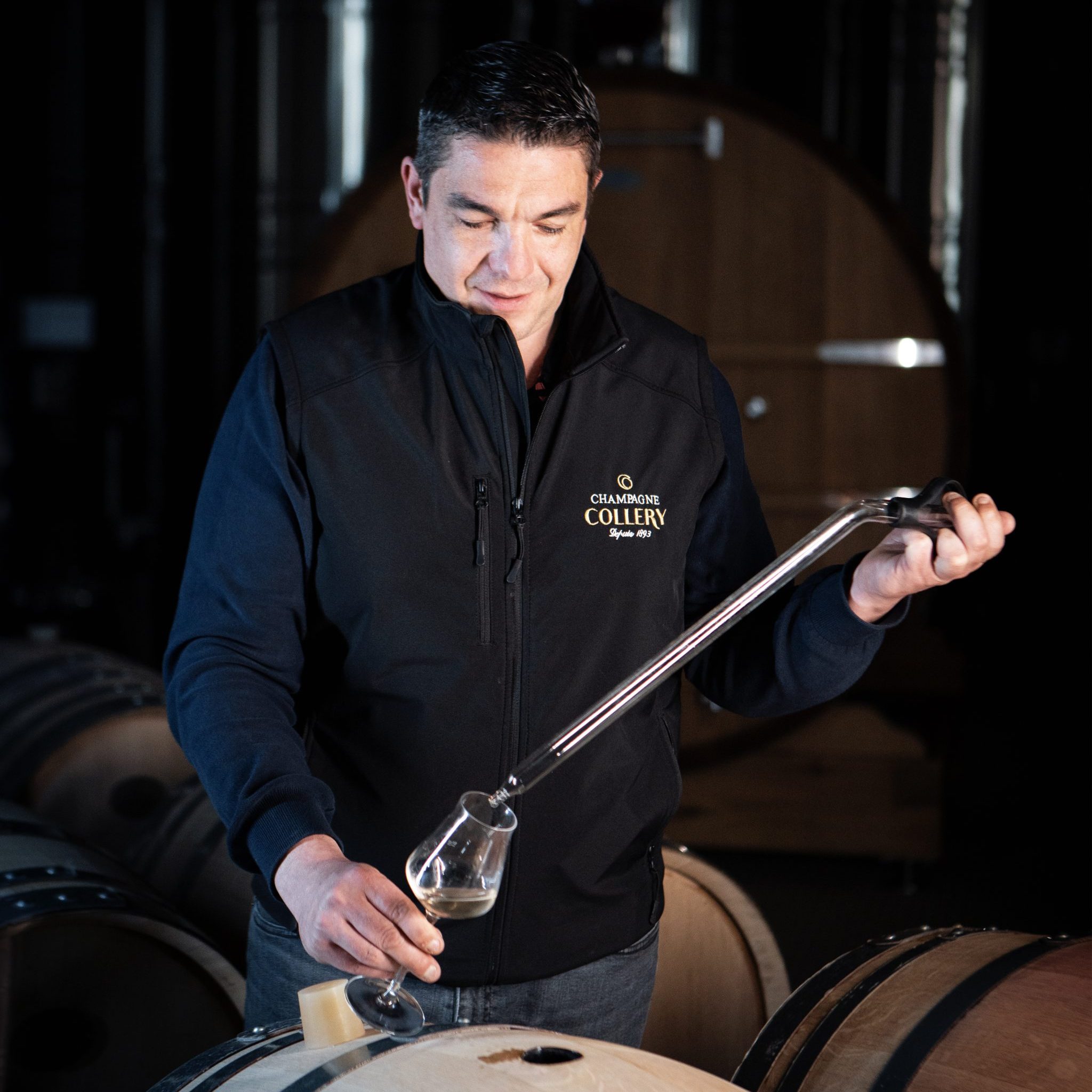Australia/China trade dispute negotiations stall
By Sarah NeishChina’s refusal to condemn Russia for its attack on Ukraine has effectively halted any progress on resolving the ongoing trade battle between Australia and Beijing.

Hope is dimming of there being a resolution any time soon to the long running trade dispute between Canberra and Beijing, as the war in Ukraine has added a new layer of complexity to talks.
Australia, like many other world leaders, is calling for China to condemn Russia’s invasion of Ukraine. The Australian government has also criticised China for liberalising trade with Moscow.
Last week, Australian Prime Minister Scott Morrison announced that his government would join allies in sanctioning China if it chooses to provide military support to Russia in Ukraine.
Now, Australian businesses fear that negotiations to repair the bilateral trading relationship with China have not only stalled but potentially gone into reverse, despite both nations having agreed an aim to conclude talks by the end of this year.
The rift has been deepening between Australia and China since Canberra called for an independent inquiry into the origins and handling of covid-19 in April 2020.
“Beijing’s position on the war [in Ukraine] makes it very difficult to be a basis for a better relationship between Canberra and Beijing,” said Michael Shoebridge, director of defence, strategy and national security at Australian Strategic Policy Institute.
However, not all Australian business-owners support Canberra’s stance on Ukraine feeding into trade talks with China.
Partner Content
“In my opinion, the Australian government needs to think very carefully about what its best interests are and not just blindly yield to political pressure from so-called allies,” Gerard Robb, CEO at SinaPrise.com, which connects Chinese customers to Australian e-commerce services, told the South China Morning Post this week.
Australia has been working to reduce its reliance on China since Beijing imposed bans on Australian coal, wine, beef, crayfish, log timber and barley.
The Antipodean country has also been eyeing up India as a replacement to China, and has resumed negotiations about signing an India-Australia Economic Cooperation Agreement, essentially a free trade deal, which would dramatically widen the Indian market for Australian goods, including wine.
Nothing has been finalised as yet. However, last year, Australia exported significantly more coal to India, as well as to the likes of Japan and South Korea.
That being said, a new focus on India does not mean Australia is abandoning mending its ties with China.
“We don’t pretend that it will be easy to reset the relationship, nor that it will be done quickly. But we must try,” said David Olsson, national president of the Australia China Business Council.
“Values are important, but we don’t need to be best friends to get things done.”
Related news
Trump hikes China tariffs to 125% but lowers tax for rest of world




